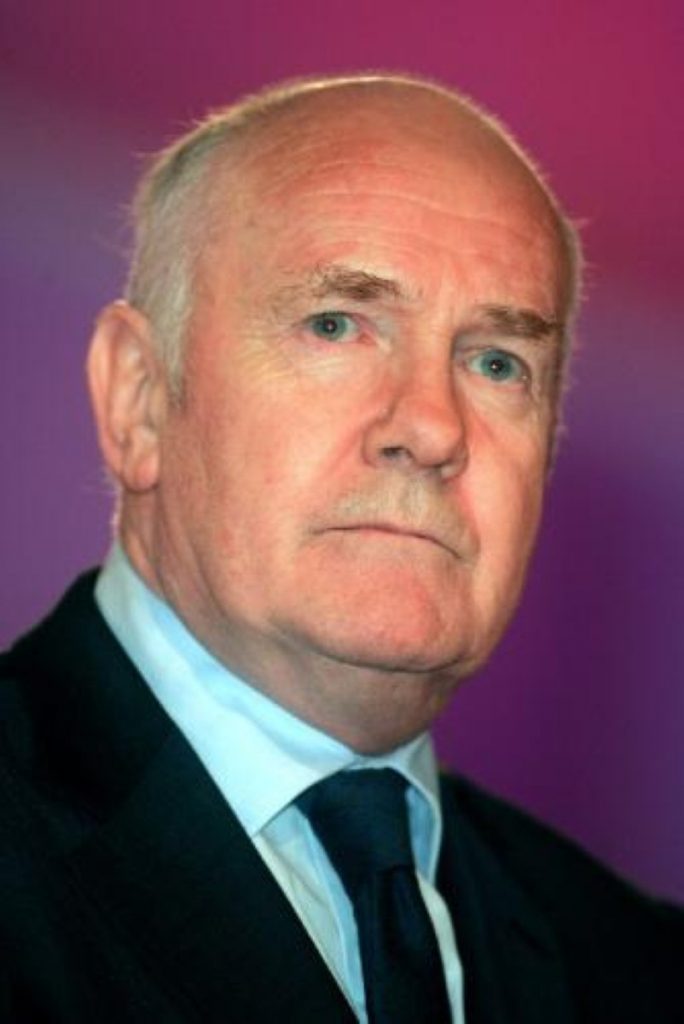Immigration system ‘not fit for purpose’
Britain’s immigration system is “not fit for purpose”, the new home secretary has admitted.
John Reid called for a “fundamental overhaul” of the immigration and nationality directorate (IND) – although he rejected suggestions that the Home Office be split up into separate departments.
“I want to be straight with you. In the wake of the problems of mass migration that we have been facing, our system is not fit for purpose. It is inadequate in terms of its scope, its IT, leadership, management systems and process,” he said.
Mr Reid was giving evidence to the home affairs select committee just two weeks after taking over from Charles Clarke, who was sacked following the revelation that more than 1,000 foreign prisoners were released without being considered for deportation.


Today the new home secretary gave an update on the row, saying the number of foreign prisoners released without proper assessment was now thought to be 1,019, including four murderers who were now back in prison, and 21 who had gone on to reoffend.
He told MPs that 999 of these foreign prisoners were being considered for deportation and provisional agreement had been reached to deport 788 of them. Of these, 197 were in detention, one was electronically tagged and ten were reporting regularly to the IND.
But Mr Reid admitted that while dealing with these people was the first priority, what was needed was a major change in the way the immigration system worked.
New figures released today show the government has met its target on removing failed asylum seekers for the past two months, with almost three-quarters of cases now decided in eight weeks, compared to 22 weeks in 1997.
Mr Reid said this was a sign that there had been “big advances” in this area, but told MPs that “no less than a full and fundamental overhaul of this department and this directorate will be sufficient” to restore public confidence in the system.
In a written statement to the House of Commons, the home secretary outlined eight key areas on which he believed work needed to be done, which included ensuring the nationality of all prisoners was known from the start.
There should be a system for identifying people easily as they went through the criminal justice system, Mr Reid said, while there needed to be better implementation of police guidelines on how to report and deal with foreigners in British jails.
A key change is the introduction of a new presumption that all foreigners given jail sentences should be deported – something announced by Mr Clarke just days before he was sacked.
However, Mr Reid rejected calls for the Home Office to be split up, saying that while the system was not fit for purpose, “I don’t believe [the department] is intrinsically dysfunctional”.
Critics claim the range of responsibilities in the Home Office, from police to immigration, terrorism, the security services and the courts, means it will never be as efficient as it needs to be.
But the home secretary insisted: “I believe the range of areas which are under the framework of the Home Office have become more interrelated.”
He cited the relationship between immigration, law and order and the security services, saying: “The complexity of fighting against international terrorism means you need that range of response in the most coordinated fashion.”









